
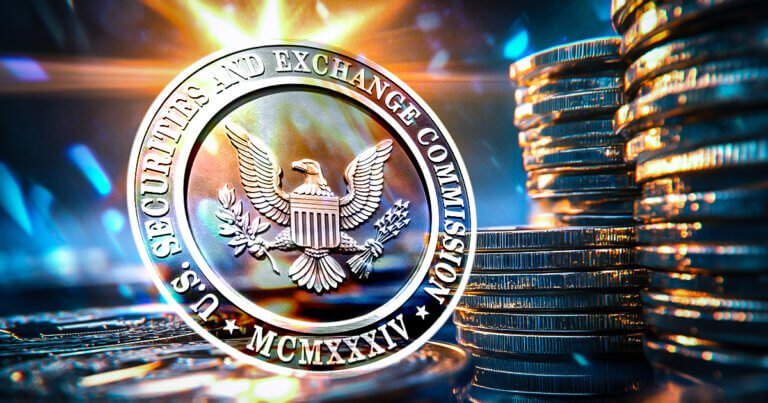
New Frontiers, Old Rules: SEC Staff Outlines Disclosure Expectations for Crypto Asset ETPs
On July 1, 2025, the SEC’s Division of Corporation Finance issued a comprehensive staff statement clarifying its views on disclosure obligations under the federal securities laws for issuers of crypto asset exchange-traded products (ETPs). While the products themselves represent novel financial structures—trust-based vehicles holding spot crypto or derivatives—the statement emphasizes continuity in legal obligations: crypto ETP issuers must adhere to well-established disclosure requirements under the Securities Act of 1933 and the Securities Exchange Act of 1934.

Tokenization Reality Check: Commissioner Peirce’s July 2025 Statement
For me and other experts who practice in this space, this was a bit of a "well duh" moment. But given the culminating momentum in the crypto space following the increasingly positive sentiment overall towards the digital assets industry, the Commission was right to make this clear. In a clear-eyed statement issued July 9, 2025, SEC Commissioner Hester M. Peirce addressed the increasing prevalence of tokenized securities, emphasizing that while the underlying technology may be novel, the applicable laws are not.
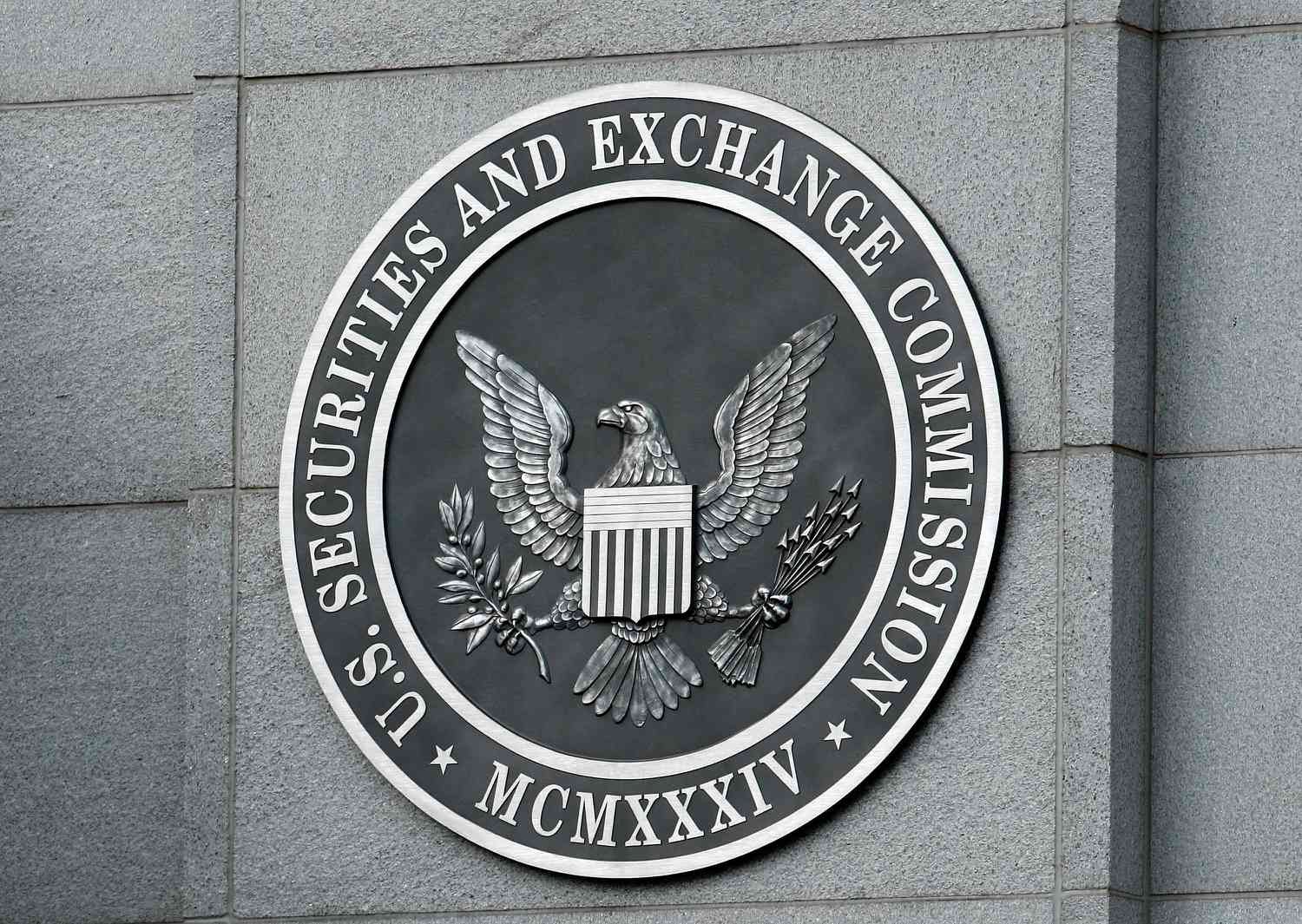
Crypto in Transition: A Regulatory Crossroads for Digital Assets, Tokenization, and ETPs
The digital asset ecosystem is entering a defining period—where legislative clarity, regulatory nuance, and litigation risk are converging. As crypto markets stabilize following years of enforcement-heavy scrutiny, U.S. regulators are offering more detailed guidance. New legislation and thoughtful statements from key regulators point toward a maturing legal environment—one that retains rigor while opening pathways for innovation. At the same time, market participants must navigate a shifting landscape marked by technological complexity, state-level litigation risks, and intensifying disclosure obligations.
This update provides a unified view of where the industry is now—from Congress and the SEC to private litigation—and what legal counsel should be preparing for next.

Regulatory Update: SEC Staff Guidance Eases Broker-Dealer Path Into Digital Asset Markets
On May 15, 2025, the U.S. Securities and Exchange Commission’s Division of Trading and Markets (“Staff”) published a set of Frequently Asked Questions (FAQs) offering long-awaited clarity for SEC-registered broker-dealers and transfer agents engaging in crypto asset-related activities.
Issued alongside FINRA and accompanied by the formal withdrawal of the 2019 Joint Staff Statement on Broker-Dealer Custody of Digital Asset Securities, this update is a meaningful step forward. It signals the Staff’s intent to move past defensive postures and toward practical, systems-level integration of crypto asset infrastructure into the legacy securities framework.
To be clear: the FAQs don’t alter statutory obligations or override the SEC’s 2020 Special Purpose Broker-Dealer (“SPBD”) Statement. But what they do provide is a viable, operational path for traditional broker-dealers to custody crypto asset securities—without siloed carveouts or regulatory acrobatics.
Let’s break down what matters, and why this shift should be on the radar of every compliance officer, digital asset GC, and prime services executive with an eye on the evolving intersection of finance and blockchain.

Conducting a Tokenized Offering Under Reg A
While there are multiple frameworks available to launch and distribute tokens—including those designed to avoid classification as securities—many of our clients elect to offer tokens as securities for strategic reasons. This can include unlocking broader investor participation, enabling secondary market liquidity, or building long-term institutional trust. Regulation A and Regulation Crowdfunding (Reg CF) are the two primary exemptions that allow for the public issuance of security tokens under U.S. law.

Legal Framework for the Tokenization of Real-World Assets
The concept of tokenizing real-world assets (RWAs) has emerged as a transformative innovation at the intersection of technology, finance, and law. By leveraging blockchain technology to digitize ownership, tokenization is reshaping how we perceive, manage, and trade physical and intangible assets. From real estate and precious metals to intellectual property and collectibles, tokenization offers unparalleled opportunities for fractional ownership, liquidity, and efficiency. At its core, tokenization represents the digitization of assets into tokens recorded on a distributed ledger, allowing these assets to be bought, sold, and managed more effectively.
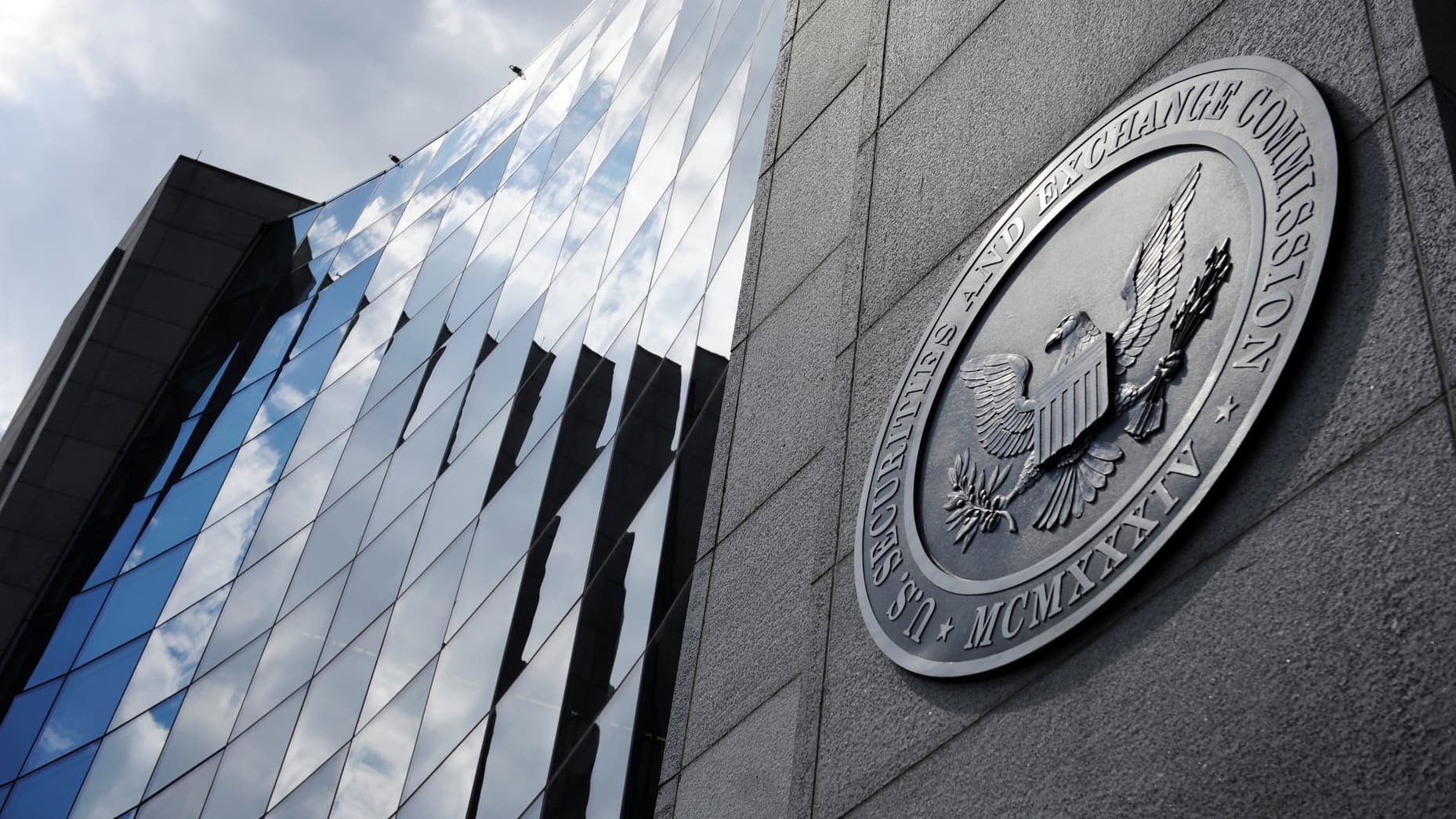
SEC Alleges Cumberland DRW Sold $2 Billion in Unregistered Securities
In a new enforcement action that adds fuel to the ongoing regulatory battle over digital assets, the U.S. Securities and Exchange Commission (SEC) has sued Chicago-based crypto trading firm Cumberland DRW. The lawsuit, filed on October 10, 2024, accuses Cumberland of operating as an unregistered broker and handling over $2 billion worth of crypto assets—specifically, tokens like Solana and Polygon—that the SEC claims are unregistered securities.

SEC Commissioner Mark Uyeda Criticizes Agency’s Crypto Policy as a “Disaster”
In a striking rebuke of the U.S. Securities and Exchange Commission’s (SEC) approach to cryptoc regulation, SEC Commissioner Mark Uyeda publicly criticized the agency's handling of the industry, calling it a "disaster" during a Fox Business panel on October 10. Uyeda's remarks reflect growing internal dissent over how the SEC, under the leadership of Chair Gary Gensler, has enforced crypto policy without providing the much-needed clarity the sector requires.

SEC Chair Gary Gensler on Crypto: ‘It’s Unlikely This Stuff Is Gonna Be a Currency’
In a recent speech at New York University School of Law, U.S. Securities and Exchange Commission (SEC) Chairman Gary Gensler made headlines with his assertion that cryptocurrencies like Bitcoin (BTC) are unlikely to ever become widely accepted forms of currency. While this statement may have grabbed attention, it largely reiterates what many industry participants already understand: the primary value of crypto assets lies in their utility as a store of value or an investment vehicle, not as a replacement for fiat currencies. Gensler’s comments, while perhaps technically accurate, miss the mark in addressing the real issues facing the crypto industry today.
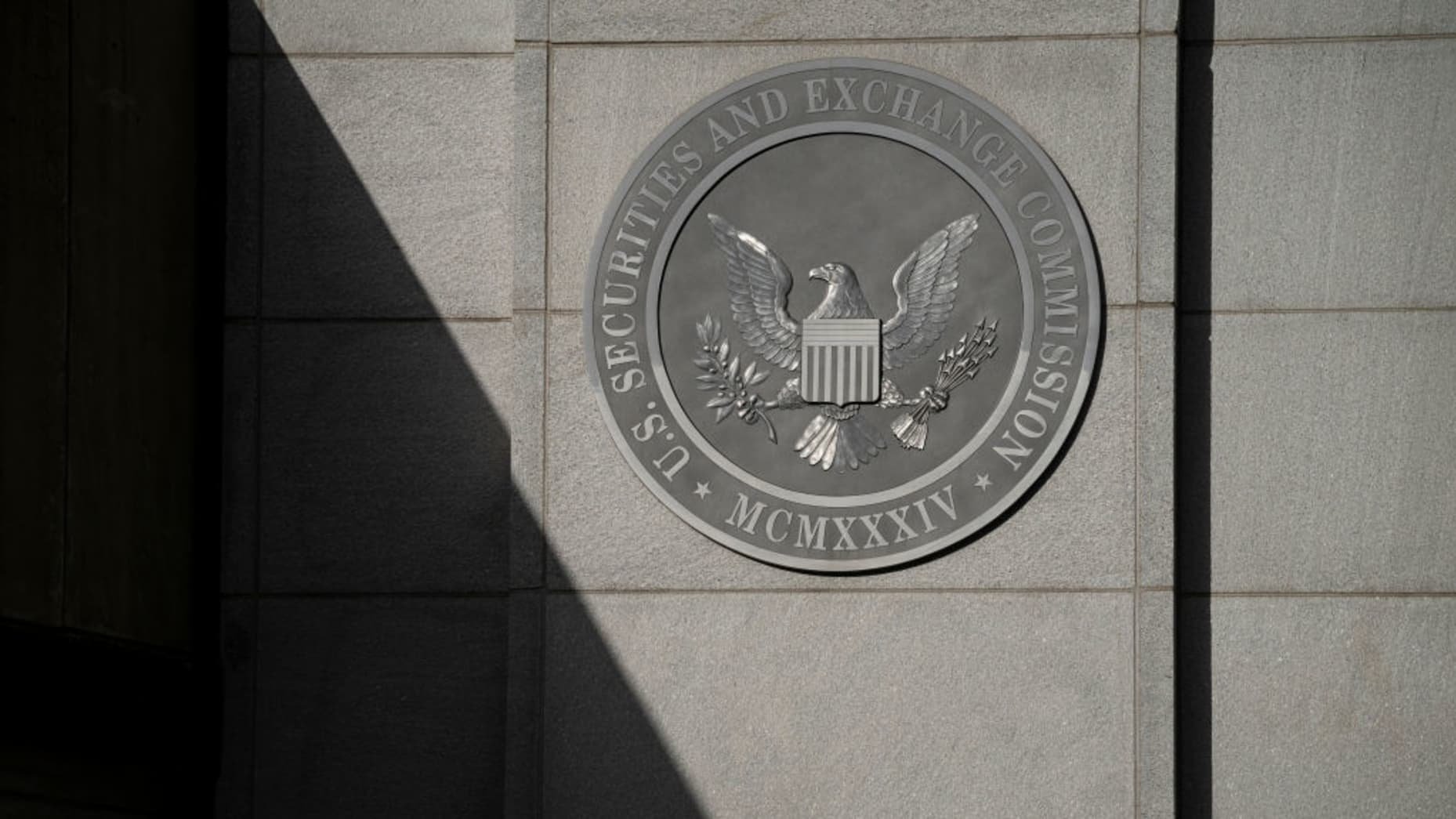
SEC Charges Three So-Called Market Makers and Nine Individuals in Crypto Crackdown
In a decisive move against market manipulation in the digital asset space, the Securities and Exchange Commission (SEC) recently announced fraud charges against three entities claiming to be market makers, as well as nine individuals. The charges stem from alleged schemes designed to create a false impression of active trading for various crypto assets offered and sold as securities to retail investors.
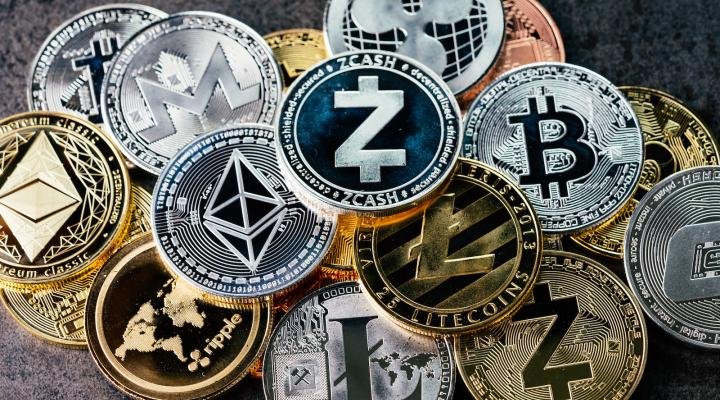
Legal Implications of SEC Jurisdiction Over Secondary-Market Sales of Network Tokens
The ongoing dispute between Foris DAX Inc. ("Crypto.com") and the Securities and Exchange Commission (SEC) represents a pivotal moment in the regulatory landscape for digital assets. Crypto.com is challenging the SEC's assertion of jurisdiction over secondary-market sales of various network tokens, which are typically used to access or interact with blockchain networks.
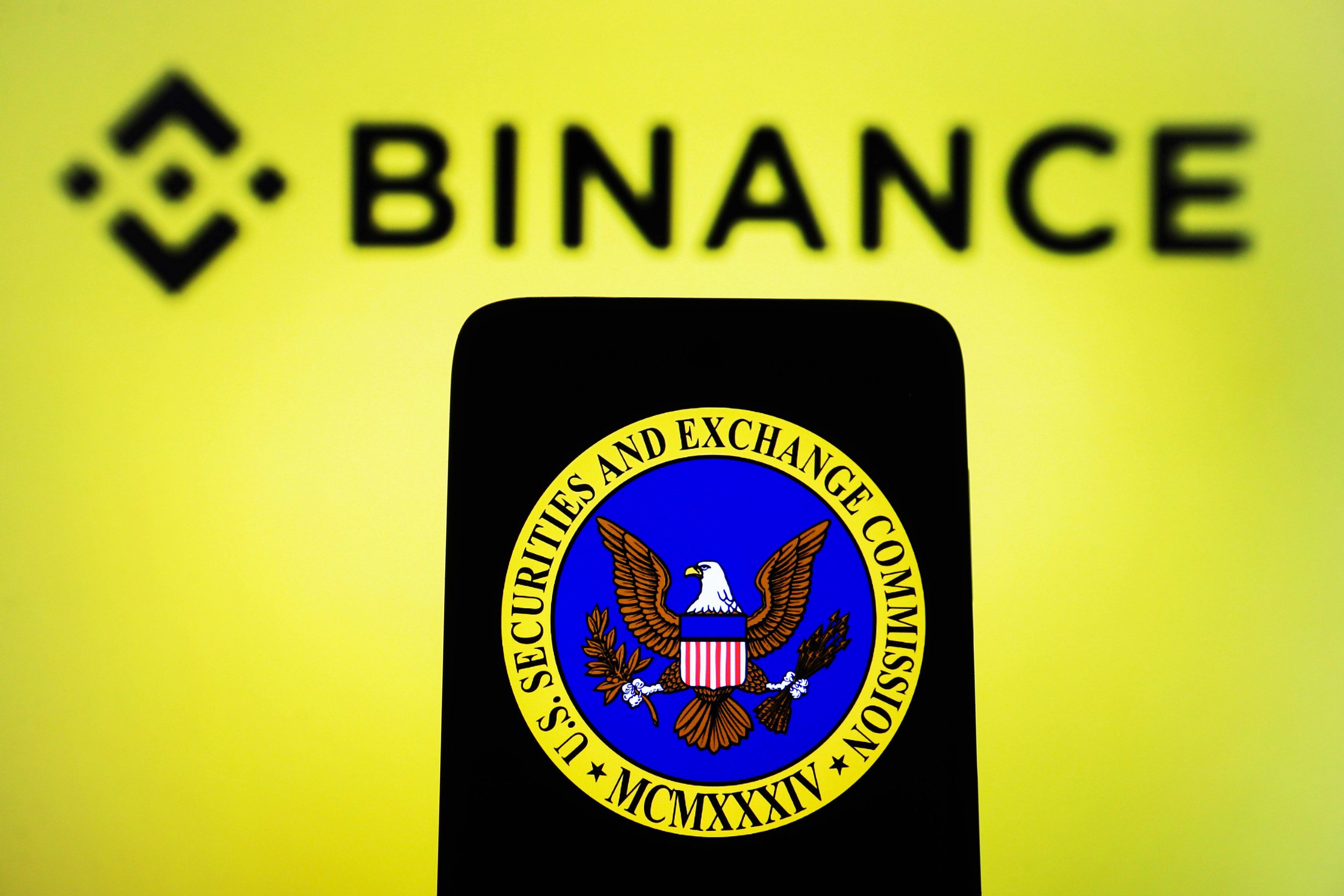
SEC Amends Binance Complaint Amid Industry Criticism Over Token Classification
In a recent development, the U.S. Securities and Exchange Commission (SEC) amended its complaint in the ongoing case against Binance, one of the world’s largest cryptocurrency exchanges. The SEC acknowledged that it may have caused confusion regarding its stance on whether certain digital tokens should be classified as securities. This amended filing, submitted in the District of Columbia, includes procedural adjustments and legal clarifications, reflecting an evolving enforcement strategy as the SEC seeks to address the regulatory challenges posed by digital assets.

SEC Targets OpenSea: The Potential Implications for the NFT Market
The Securities and Exchange Commission (SEC) has recently issued a Wells notice to OpenSea, the most prominent marketplace for non-fungible tokens (NFTs), signaling a potential lawsuit for securities law violations. This move marks a significant development in the SEC's ongoing scrutiny of the digital assets space, particularly as it relates to the burgeoning NFT market.

FINRA Update on Crypto Asset Activities
On August 14, 2024, the Financial Industry Regulatory Authority (FINRA) issued an important update regarding its ongoing efforts to engage with its members on the subject of crypto asset activities. Referred to as "crypto assets," these are defined by FINRA as assets issued or transferred using distributed ledger or blockchain technology. These assets include virtual currencies, coins, and tokens, which may or may not meet the definition of "securities" under federal securities laws.
